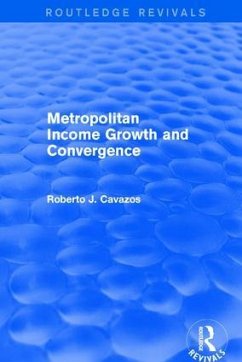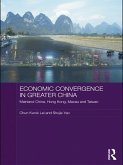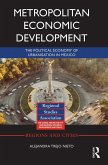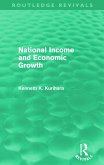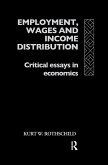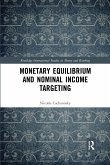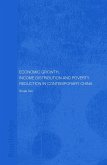This title was first published in 2001. What determines urban growth? Much has been written on particular causes and incidents which can explain the rise of one metropolis and the fall of another, but these do not illustrate general tendencies. This volume asks whether theories used to explain economic growth of nations or regions can be employed to find characteristics which encourage the growth of cities. Cavazos tests two principal theoretical approaches in this way. The first, the endogenous growth theory, predicts that incomes will diverge and sees technological innovations as the engine of economic growth. The second, the neoclassical growth theory, predicts conditional convergence and rates capital accumulation as the key to economic growth. He uses the two models to study US metropolitan income growth between 1970 and 1990 and compares their performance to determine which provides more insightful explanations of metropolitan growth.
Hinweis: Dieser Artikel kann nur an eine deutsche Lieferadresse ausgeliefert werden.
Hinweis: Dieser Artikel kann nur an eine deutsche Lieferadresse ausgeliefert werden.

